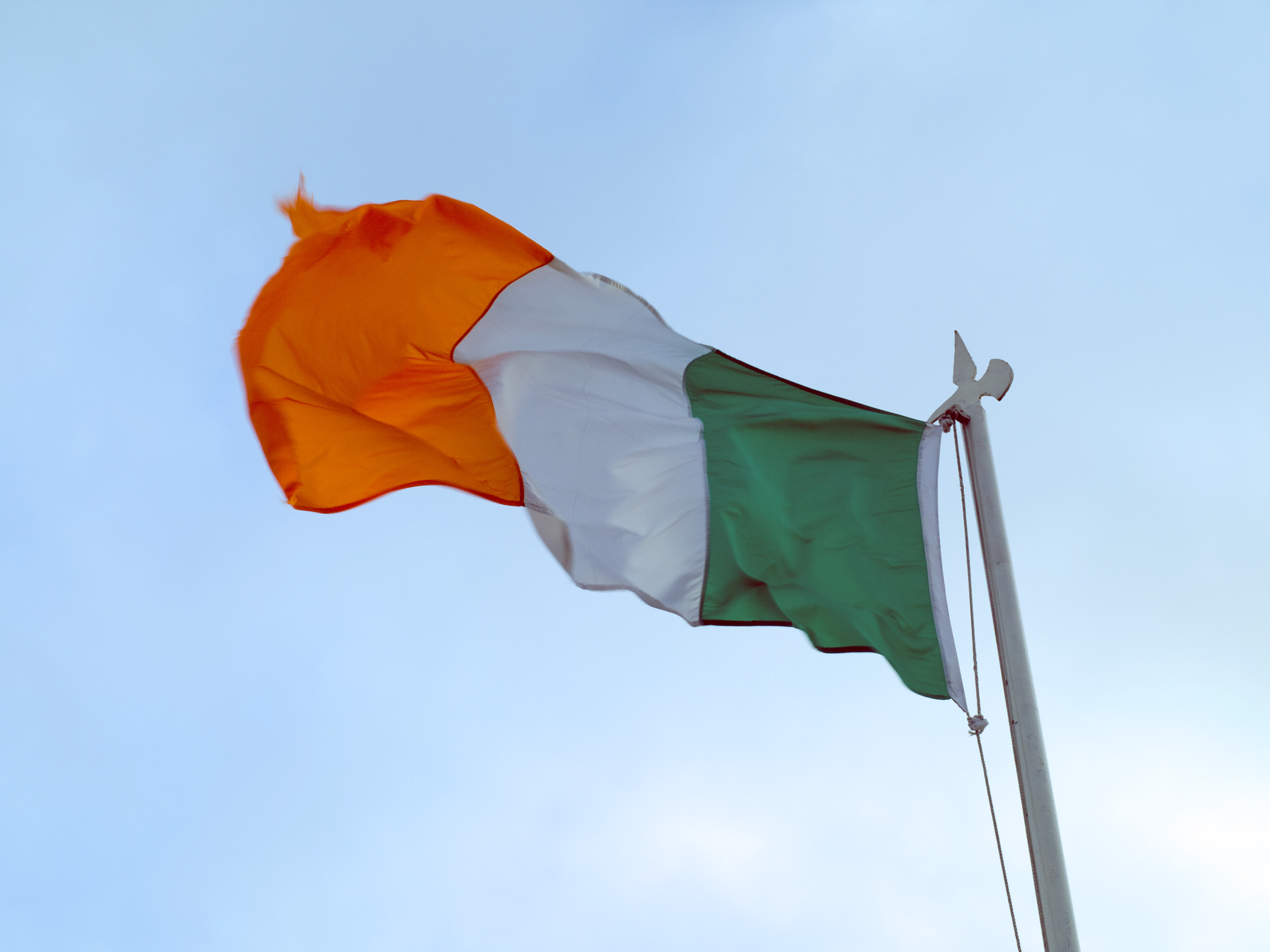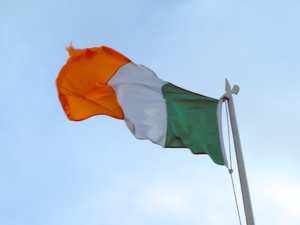Despite the fact that both countries are constrained by the single currency, the level of performance in after-crisis Ireland and Finland is very much different.
After increase at a stunning 7.8% in 2015, the "Celtic Tiger", according to forecasts, intends to grow at accelerated pace in the euro area this year, showing an increase of 4,7%, Bloomberg economists report. It is worth noting that the influx of multinational companies in the country slightly distorts data on GDP of Ireland; the country is also showing employment growth of 3% per year.
Finland, by contrast, continues to disappoint regulators. After 2012, its GDP will increase by only 0.5% this year, what is the lowest after Greece. Unemployment, meanwhile, peaked at 9.4% last year.
Finland’s all the troubles and misfortunes are regularly attributed to Nokia’s collapse and paper industry’s attempts to stay afloat. Standard & Poor 's deprived the Nordic country of "AAA" rating, while improving Ireland from the lowest level since 2012 to "BBB +".
Finnish euro critics believe that things in the country will go smoothly once exports increase at the expense of currency devaluation is be allowed. The Irish experience shows that the crucial question is not what you're selling, but, most importantly, where. While Ireland expects to increase exports of computer equipment and pharmaceutical products in the United States, Finland is struggling, as the country’s one of the major export markets, Russia, is mired in a recession.
Ireland, unlike Finland, adopted tax code to convince large multinational corporations, such as Facebook, Apple, Google, Pfizer, to establish their branches in the country. The corporate tax rate in Finland is at a level of 20%, while it is 12.5% - the lowest in the euro area - in Ireland. Foreign investments in Finland decreased in 2013, as Finnish companies have invested abroad rather than domestically.
The authorities argue that the lack of competition also affects the increase in unemployment, which reached 9.4% last year. In 2012, for example, it was at 7.7%. The government has decided to reduce the cost of maintaining the workforce in the country.
Still, the Scandinavian country is also still one of the most competitive countries in the world, although Ireland wins when it comes to the efficiency of the labor market.
source: chicagotribune.com
After increase at a stunning 7.8% in 2015, the "Celtic Tiger", according to forecasts, intends to grow at accelerated pace in the euro area this year, showing an increase of 4,7%, Bloomberg economists report. It is worth noting that the influx of multinational companies in the country slightly distorts data on GDP of Ireland; the country is also showing employment growth of 3% per year.
Finland, by contrast, continues to disappoint regulators. After 2012, its GDP will increase by only 0.5% this year, what is the lowest after Greece. Unemployment, meanwhile, peaked at 9.4% last year.
Finland’s all the troubles and misfortunes are regularly attributed to Nokia’s collapse and paper industry’s attempts to stay afloat. Standard & Poor 's deprived the Nordic country of "AAA" rating, while improving Ireland from the lowest level since 2012 to "BBB +".
Finnish euro critics believe that things in the country will go smoothly once exports increase at the expense of currency devaluation is be allowed. The Irish experience shows that the crucial question is not what you're selling, but, most importantly, where. While Ireland expects to increase exports of computer equipment and pharmaceutical products in the United States, Finland is struggling, as the country’s one of the major export markets, Russia, is mired in a recession.
Ireland, unlike Finland, adopted tax code to convince large multinational corporations, such as Facebook, Apple, Google, Pfizer, to establish their branches in the country. The corporate tax rate in Finland is at a level of 20%, while it is 12.5% - the lowest in the euro area - in Ireland. Foreign investments in Finland decreased in 2013, as Finnish companies have invested abroad rather than domestically.
The authorities argue that the lack of competition also affects the increase in unemployment, which reached 9.4% last year. In 2012, for example, it was at 7.7%. The government has decided to reduce the cost of maintaining the workforce in the country.
Still, the Scandinavian country is also still one of the most competitive countries in the world, although Ireland wins when it comes to the efficiency of the labor market.
source: chicagotribune.com






